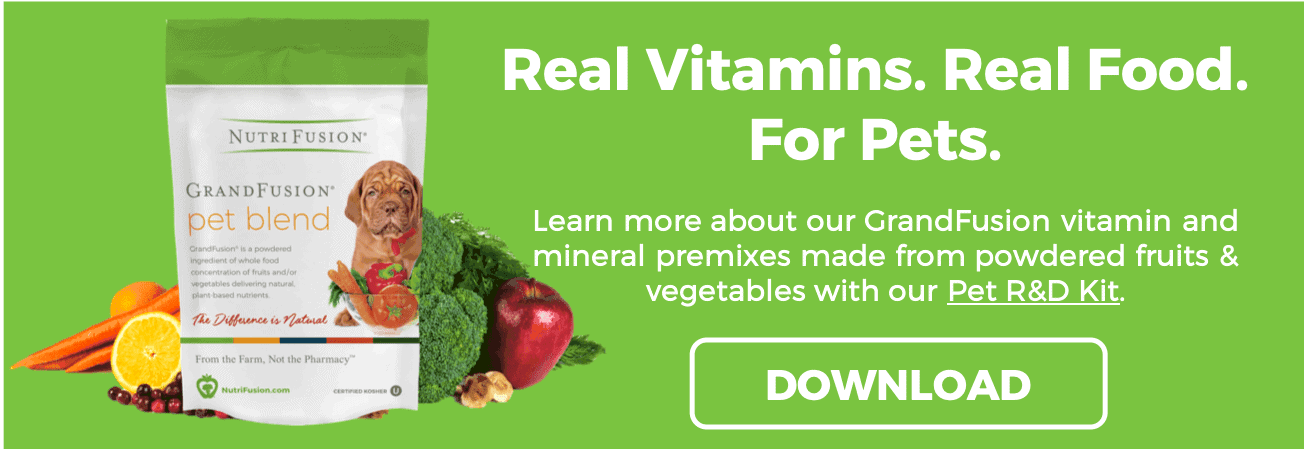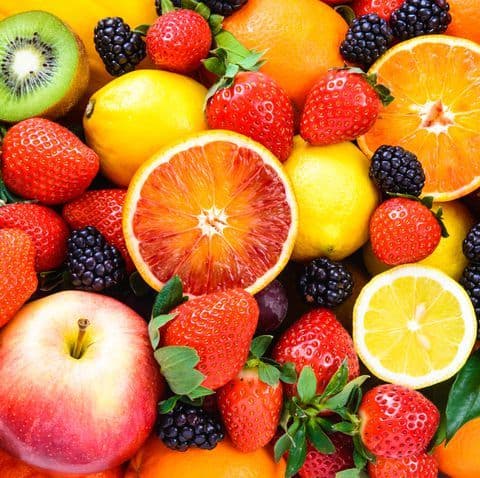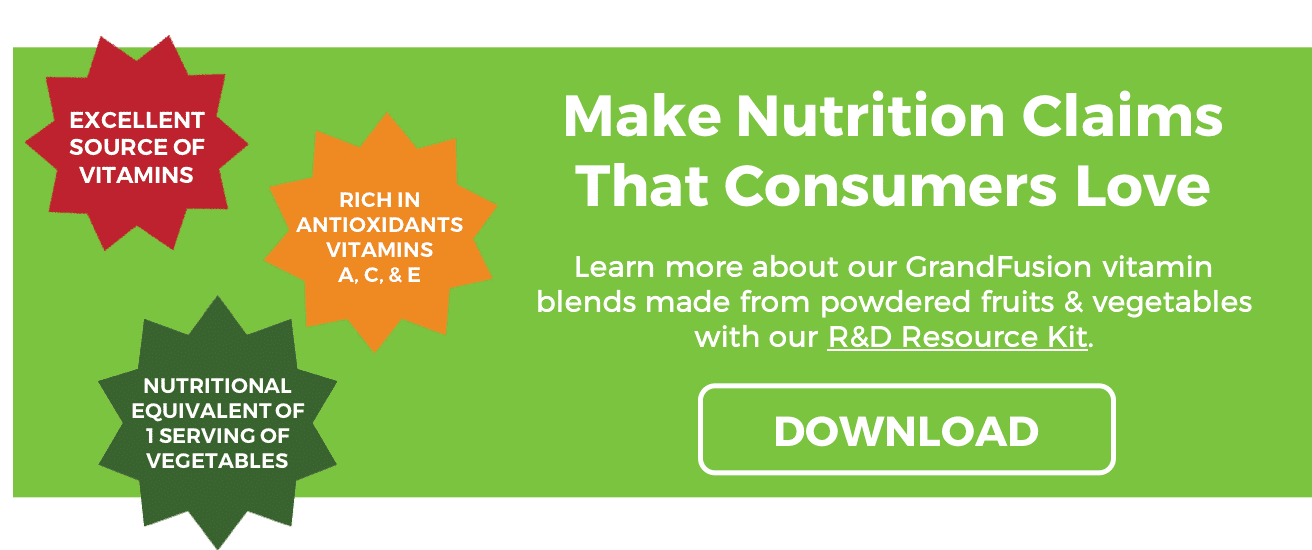Petco to Stop Selling Pet Products with Artificial Ingredients
Petco, one of the largest pet food retailers, has stated that they are no longer going to sell cat and dog food made with artificial ingredients. They have since announced that any items made with artificial flavors, preservatives, or colors will be pulled from their shelves. This came as a shock for many people who are used to buying pet food products with artificial ingredients, but it was not surprising to the millions of pet consumers demanding clean label ingredients for their furry friends.
New CEO, New Policies
This in part came about after the new CEO Ron Coughlin came into his new position back in June of 2018. He brought about this change to remind consumers what Petco’s primary objective is as a company.
They chose to do this based on their commitment to the wellbeing of pets. Petco wants for owners to treat their pets as family, and this includes the way that they eat. Beginning in the new year, over 50 different artificial ingredients will no longer be allowed in Petco’s stores. Petco wishes to have all artificially made products removed from their shelves before May of 2019.
Although this may seem like a substantial financial risk for the company, Petco’s CEO has since stated that it was the right thing to do. Their goal is to positively impact the lives of the animals we call our pets. This is more important than the potential financial blow that may follow after this move.
These changes will impact large companies such as Cat Chow and Pedigree. Petco has since stated that they are working with these companies to have them change the way they create their products and make the switch to a more natural alternative.
The only exception would be two specially branded cat foods meant to assist cats with a rare health issue. In some cases, there is not yet a natural alternative to the artificially made ingredient, which explains why it will be allowed to stay on shelves.
Petco is Leading the Way
This is a significant move on Petco’s part as other pet food retailers will probably begin to follow suit. It is safe to assume that companies that produce pet foods will also start to adopt new means of production that exclude artificial ingredients. This change will most likely negatively impact companies who have been producing artificial ingredients.
Petco maintains over 1,500 different locations and employs over 20,000 people. Their company has been known to put the wellbeing of animals over their desire for profit. In 2010, Petco launched a National Pet Food Bank to allow financially struggling owners to keep their pets and feed them properly.
Petco is a retailer that strives to continue serving animals and owners alike, with their primary goal of delivering positive experiences for pets and owners. This company has continued to serve the pet loving community for over 50 years.
This decision to pull artificial ingredients directly reflects their vision of healthier, happier pets across the world. Be expectant to see Petco continue to pursue changes that directly influence the pet food market, and that will ultimately ensure that more animals can live long, happy, healthy lives as our faithful companions.
Inspired by fortune.com


 Preventive Healthcare Is Another Driving Force
Preventive Healthcare Is Another Driving Force


